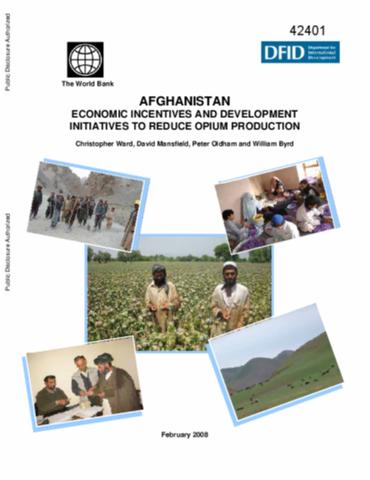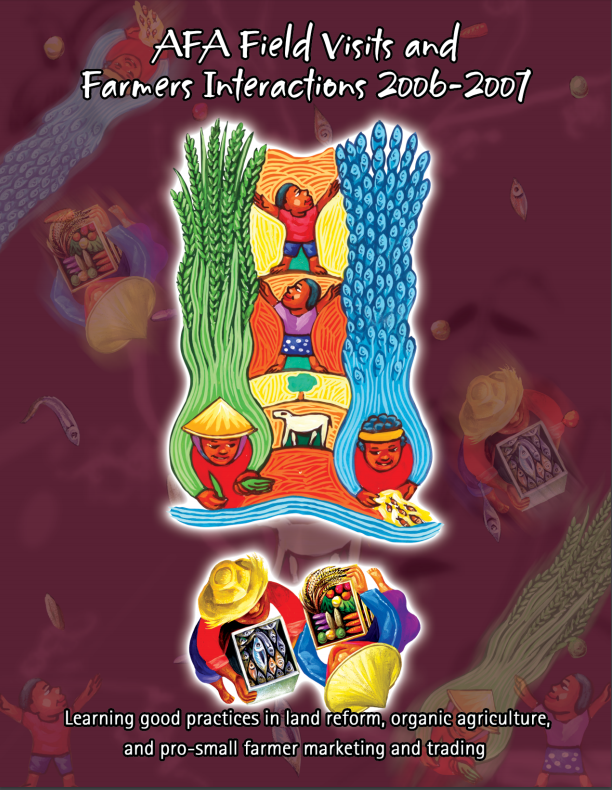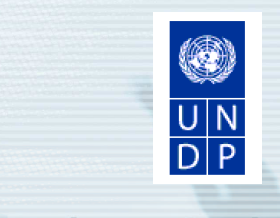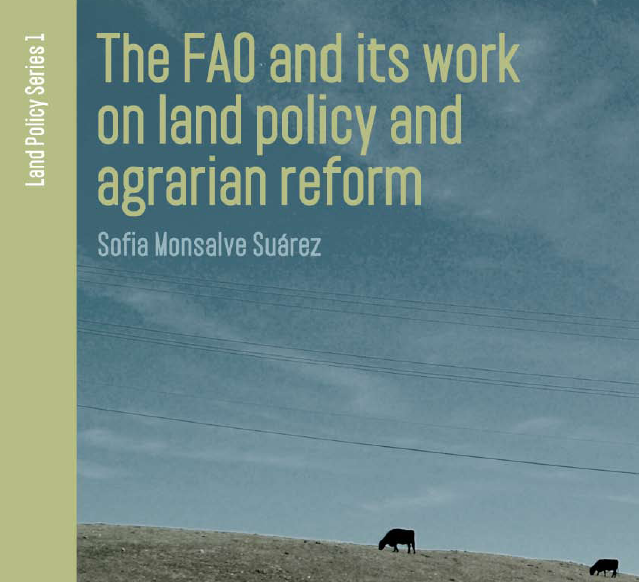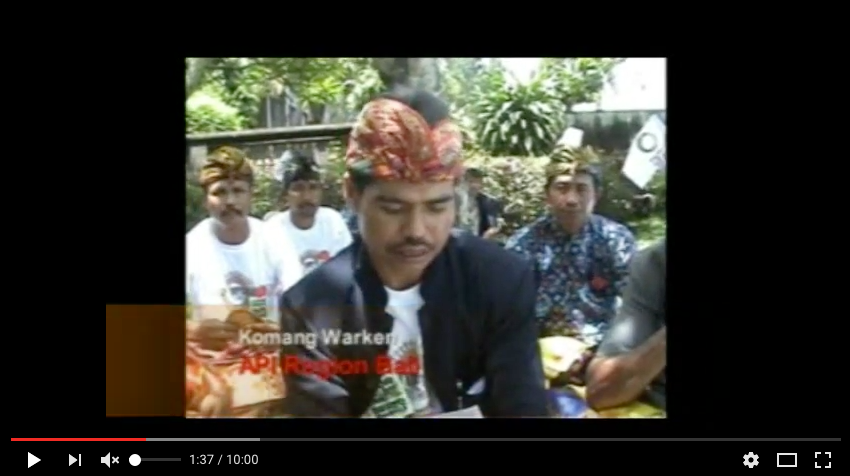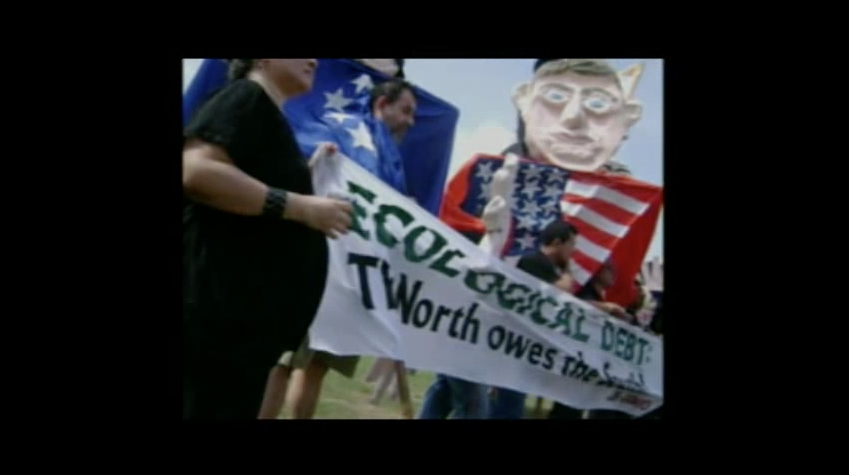Desafios do Desenvolvimento Rural em Moçambique: Contributo Crítico com Debate de Postulados Básicos
Quando do Ministério da Planificação e Desenvolvimento veio a solicitação para que apresentasse uma palestra sobre os desafios do desenvolvimento rural, foi-me dito que deveria usar uma abordagem que provocasse a reflexão e a discussão crítica. Evidentemente, sem que eu próprio reflectisse criticamente sobre os desafios do desenvolvimento rural estaria incapaz de ajudar quem quer que fosse a fazer o mesmo. Lancei-me, então, na tarefa de construir um quadro analítico provocador e crítico que servisse para construir esta conversa. É este raciocínio que aqui pretendo apresentar.


